
Here's some of what is coming soon to NeurologyLive® this week.
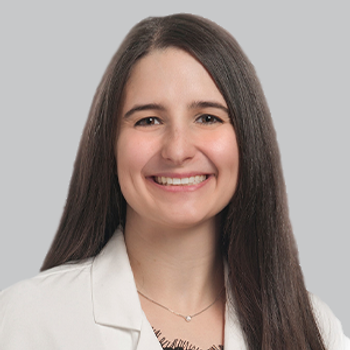
The ozanimod group demonstrated significantly lower odds of safety outcomes such as nasopharyngitis, diarrhea, and urinary tract infection relative to diroximel fumarate.
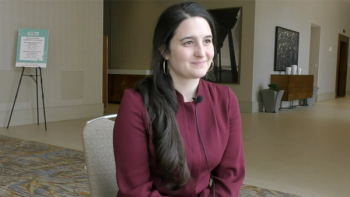
The staff neurologist at the Mellen Center for MS Treatment and Research at Cleveland Clinic, spoke at the 2023 ACTRIMS Forum about disparities in care access for patients with MS. [WATCH TIME: 5 minutes]
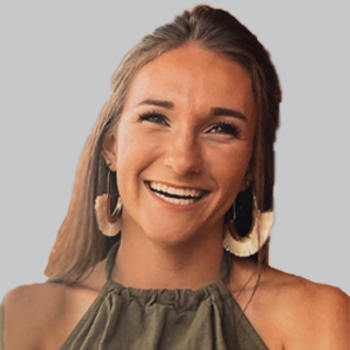
Current research pushes to advance therapeutic possibilities and understand underlying neural mechanisms for gait impairments in individuals with the disease.

An ad hoc analysis of patients from a pair of phase 3 clinical trials and an open-label extension suggest that more than 5 years of treatment with ozanimod (Zeposia; BMS) was safe, without differences in age groups.

Test your neurology knowledge with NeurologyLive®'s weekly quiz series, featuring questions on a variety of clinical and historical neurology topics. This week's topic is the history of ACTRIMS.
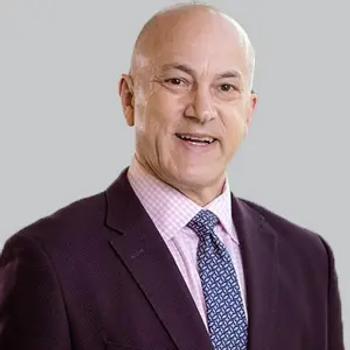
Results from the open-label SAkuraMoon study show consistent relapse freedom in satralizumab-treated patients with aquaporin-4-IgG-seropositive NMOSD.
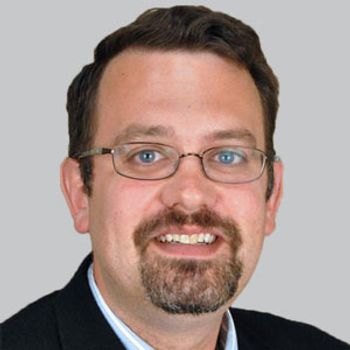
Treatment with either rituximab and ocrelizumab, 2 FDA-approved therapies that target CD20, resulted in similar odds of experiencing a clinical disease activity in both unadjusted and adjusted analyses.
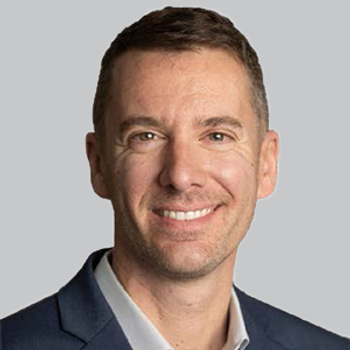
Since the days of limited treatment in neurology, 30 years of progress have brought an expanded armamentarium of therapies for many neurological disorders.
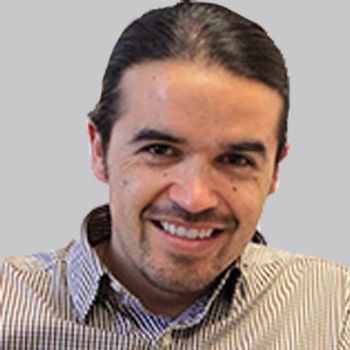
A preclinical assessment of evobrutinib showed it demonstrated superior efficacy in targeting compartmentalized neuroinflammation in multiple sclerosis compared with anti-CD20 treatment.
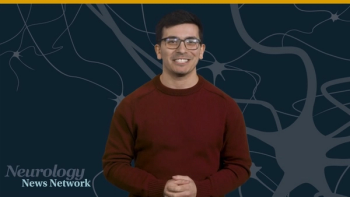
Neurology News Network for the week ending February 26, 2022. [WATCH TIME: 3 minutes]
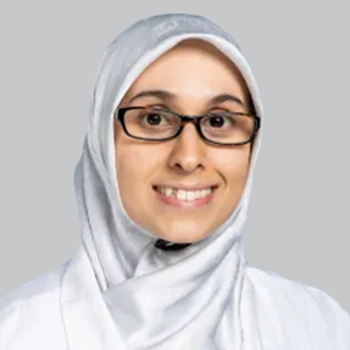
An analysis of patients with MOGAD showed that only 50% of those treated with various immunotherapies over a long-term period maintained relapse-free status.

Take 5 minutes to catch up on NeurologyLive®'s highlights from the week ending February 24, 2023.
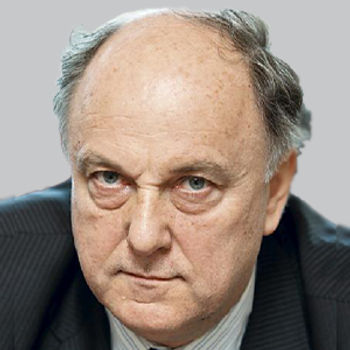
Between pretreatment naïve patients and those previously on disease-modifying therapies, treatment with cladribine resulted in stable scores on Symbols Digit Modalities Test and other cognitive assessments.
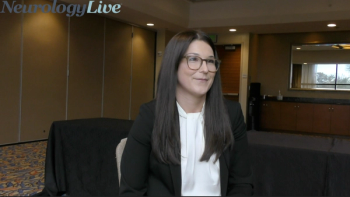
The multiple sclerosis fellow at Michigan Institute for Neurologic Disorders provided perspective on the clinical utility and advantages of a multi-protein test that assesses multiple sclerosis disease activity. [WATCH TIME: 3 minutes]
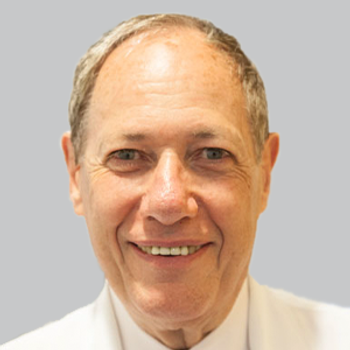
Secondary findings from a phase 3 study demonstrate a significant decrease in new T1 enhancing lesions and new enlarging hyperintense T2 lesions in patients with multiple sclerosis undergoing glatiramer acetate depot treatment.

Mind Moments®, a podcast from NeurologyLive®, brings you an exclusive interview with Darin Okuda, MD. [LISTEN TIME: 21 minutes]
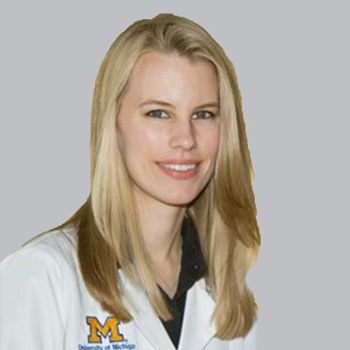
Study results suggest that selected interventions should be based on phenotypic differences and treatment goals.
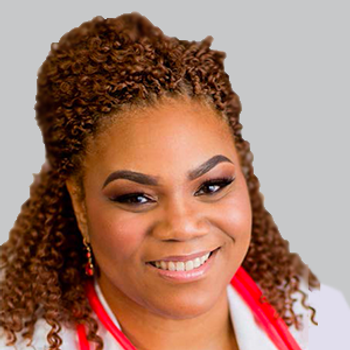
Non-Hispanic Black and Hispanic or Latino individuals on ocrelizumab did not demonstrate significantly greater risk on 24-week confirmed disability progression relative to non-Hispanic Whites.

Majority of patients with relapsing multiple sclerosis demonstrated achieving and maintaining no evidence disease activity after being treated with ublituximab.
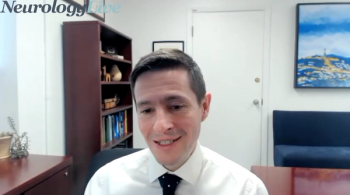
The program committee vice-chair of ACTRIMS discussed the continued efforts to understand inflammation and neurodegeneration of multiple sclerosis. [WATCH TIME: 3 minutes]
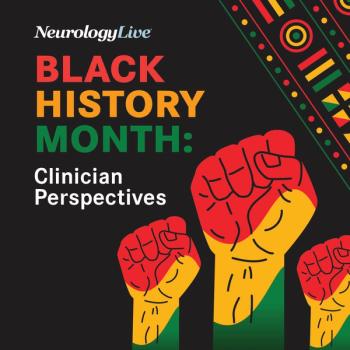
To honor Black History Month, NeurologyLive® spoke with influential Black clinicians on the leaders they look up to, the ongoing fight to overcome racial disparities, and ways to encourage diversity in health care.
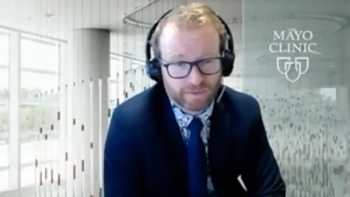
The neurologist at Mayo Clinic in Jacksonville Florida talked about the significance of the ExTINGUISH trial, regarding care for patients with autoimmune encephalitis. [WATCH TIME: 4 minutes]

Stanley Appel, MD, shared his insight into the MDA session track on amyotrophic lateral sclerosis, the latest science advances to benefit patients, and where the field is headed with research and treatment.
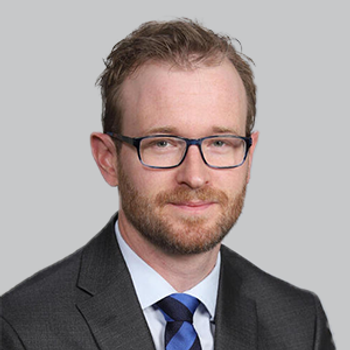
Gregory Day, MD, MSc, MSCI, FAAN, a neurologist at Mayo Clinic in Jacksonville Florida, talked about the current state of treating autoimmune encephalitis and the significance of the ExTINGUISH trial.
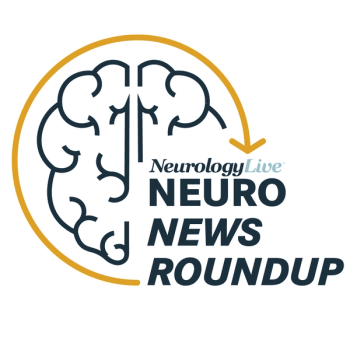
In honor of World Encephalitis Day, held February 22, 2023, get caught up on some of the latest news in autoimmune encephalitis as the NeurologyLive® team shares some of our data updates and expert insights.
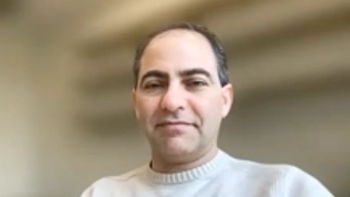
The associate professor at Harvard Medical School spoke with NeurologyLive® about the differences between patients with multiple sclerosis and those with NMOSD. [WATCH TIME: 3 minutes]
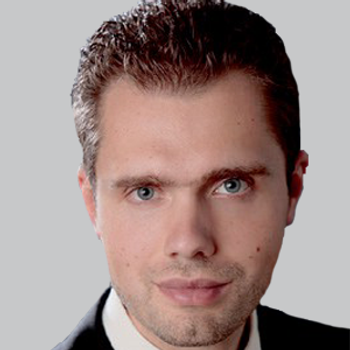
Epworth Sleepiness Scale scores improved by an average of 4.3 points overall, with more than 90% of patients reporting perceived improvements in their excessive daytime sleepiness.
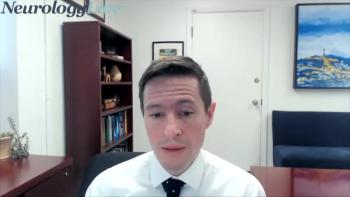
The program committee vice-chair of ACTRIMS provided perspective on the upcoming forum, including the notable sessions, themes, and presentations the clinical community should be aware of. [WATCH TIME: 7 minutes]

The director of Cleveland Clinic’s Cerebrovascular Center provided clinical perspective on the treatment decisions mobile stroke units face, and whether directly transferring patients to angiography suite is necessary.